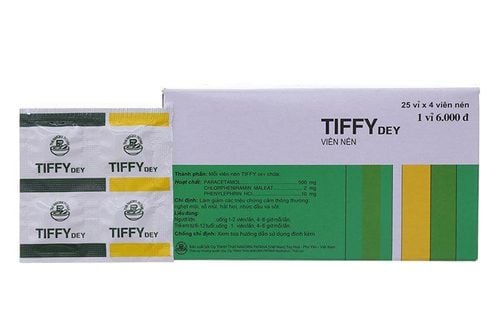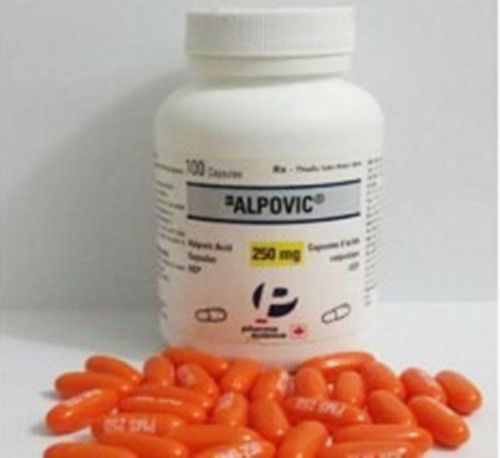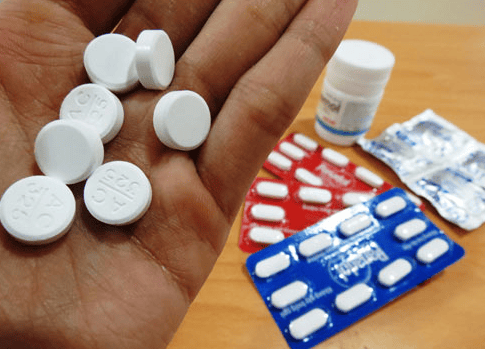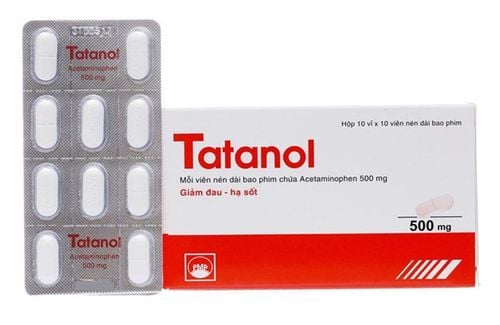This is an automatically translated article.
The article was professionally consulted with Specialist Doctor I Bui Thi Ha - Pediatrician - Neonatologist - Department of Pediatrics - Neonatology - Vinmec Ha Long International General Hospital.Febrile convulsions, also known as febrile convulsions, are a common complication in infants and young children, occurring when a child's body temperature rises suddenly, causing serious health effects. after.
1. When do febrile seizures in children occur?
Fever is a response that occurs in the body to help the child's body be able to fight off pathogens from outside. A child is considered feverish when the body temperature measured in the armpit is greater than 37.2°C. Children's fever is one of the signs that the body is at risk of infection, so parents need to monitor the child's body temperature to take them to the hospital when a dangerous condition occurs.Clinically, fever includes 3 grades: mild fever, moderate fever and high fever. A low-grade fever is defined as a child's body temperature below 38°C, moderate fever between 38°C and 39°C, and high fever as a body temperature of 39°C or higher. In some cases, children can have a very high fever, body temperature above 40°C and need to go to the nearest medical facility for treatment in these cases.
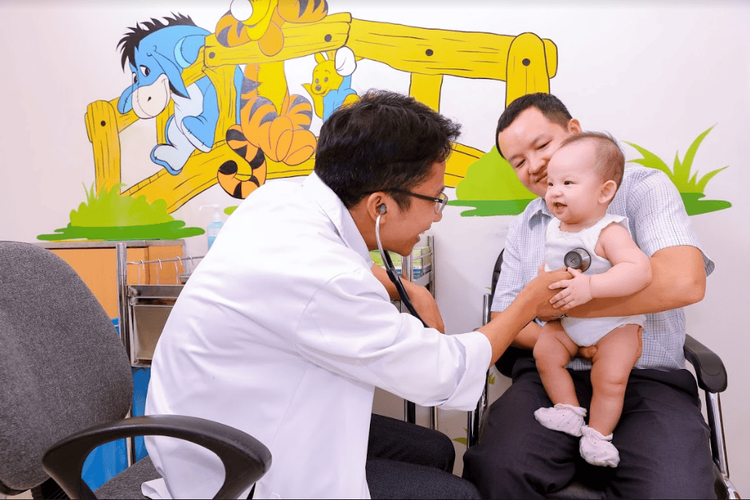
Nên đưa trẻ đến cơ sở y tế khám chữa kịp thời nếu trẻ sốt cao trên 39 độ
Fever can be a temporary symptom and stop in a short time for some diseases. However, there are many conditions in which children have persistent fever, lasting for more than 15 days, and need to be monitored. Fever can appear in diseases such as acute pharyngitis, otitis media, systemic lupus erythematosus, HIV disease... The causative agents of fever symptoms include viruses, bacteria, parasites.. . and other factors. Often, fever will be accompanied by other symptoms, so it is necessary to combine many other factors and test results to accurately diagnose the disease that the patient is suffering from.
When children's body temperature rises suddenly, possibly caused by an infection, it can lead to complications of febrile convulsions. Convulsions are a common complication in children, causing effects on children's consciousness, including epilepsy. According to some studies, febrile seizures in children account for about 2% - 5% of children aged 6 - 60 months. Although there are no serious complications, febrile seizures in children need attention and monitoring so that they can be handled early and properly, helping the child recover as quickly as possible.
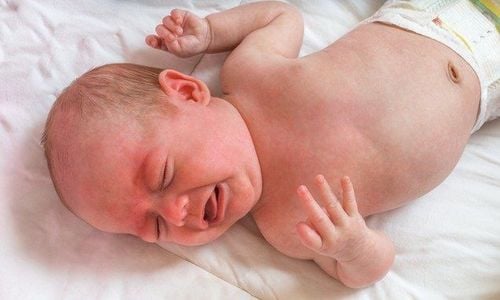
Co giật là biến chứng thường thấy khi trẻ bị sốt cao đột ngột do nhiễm trùng
2. Signs of convulsions in children
The signs of convulsions in infants that parents need to be aware of to take the child to a medical facility promptly are:High body temperature, about 37.2°C or more when measured in the armpit Loss of consciousness Hands , legs jerking or shaking on both sides Eyes roll to the back of the head Muscles tight Muscles convulsions Whole body Convulsion Disturbed breathing A point to watch out for febrile convulsions is the severity and mildness of the convulsion. Seizures do not represent fever in the child. Clinically, many cases of convulsions in children occur when the body temperature rises suddenly, possibly at the beginning of the fever process or when the child's body temperature has dropped. Neonatal convulsions occur when a child is infected with a virus, bacteria, or parasite, or after receiving a vaccine.
In addition to the main symptoms of a seizure, a child may also show some accompanying signs such as fatigue, fussiness, refusal to feed or loss of appetite... Febrile seizures in children usually appear within a few days. seconds or lasting up to 10 minutes, sometimes more than 15 minutes, and most severe, more than 2 seizures in 24 hours.
To handle the phenomenon of convulsions in infants, you can use some methods such as cool compresses or take antipyretic drugs to prevent complications of febrile convulsions. Some common antipyretic drugs that can be used for children with appropriate doses are Efferalgan (Acetaminophen) or Ibuprofen, which can also be given anal medicine to reduce fever for children. However, if a febrile convulsion lasts too long, it will cause loss of consciousness or lack of oxygen to the brain, causing dangerous complications, especially potential epilepsy. Therefore, in the process of giving children fever-reducing drugs, if the child's body does not respond to the drug or has abnormal symptoms, it is necessary to go to the nearest medical facility for emergency and treatment.
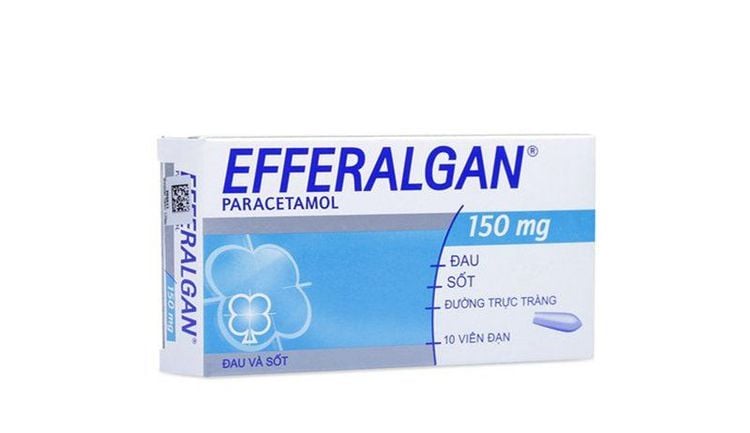
Thuốc hạ sốt Efferalgan có thể dùng cho trẻ em
Although infantile convulsions do not have life-threatening consequences for the child, parents also need to pay attention to the signs and duration of the seizure so that the treatment is more effective and helps the child. speedy recovery.
Pediatrics department at Vinmec International General Hospital is the address for receiving and examining diseases that infants and young children are susceptible to: viral fever, bacterial fever, otitis media, pneumonia in children, ... With modern equipment, sterile space, minimizing the impact as well as the risk of disease spread. Along with that is the dedication from the doctors with professional experience with pediatric patients, making the examination no longer a concern of the parents.
Please dial HOTLINE for more information or register for an appointment HERE. Download MyVinmec app to make appointments faster and to manage your bookings easily.





